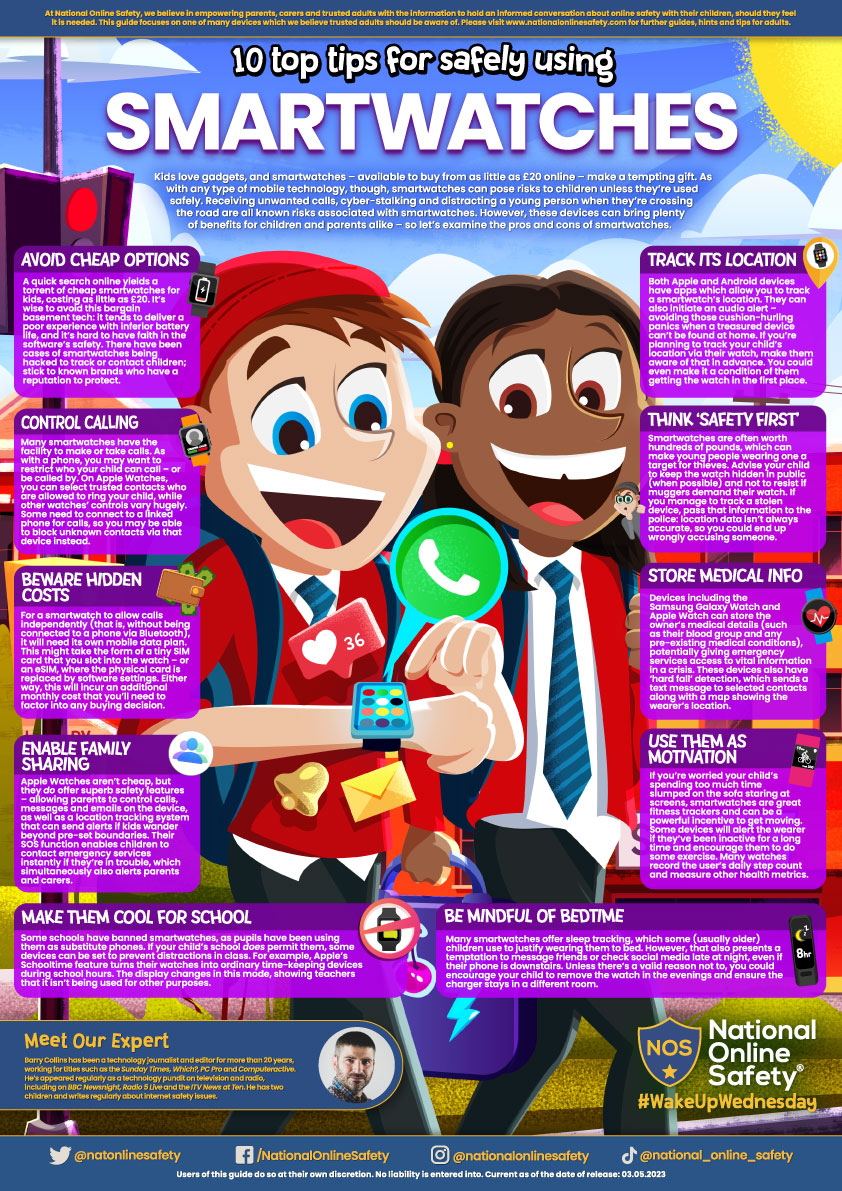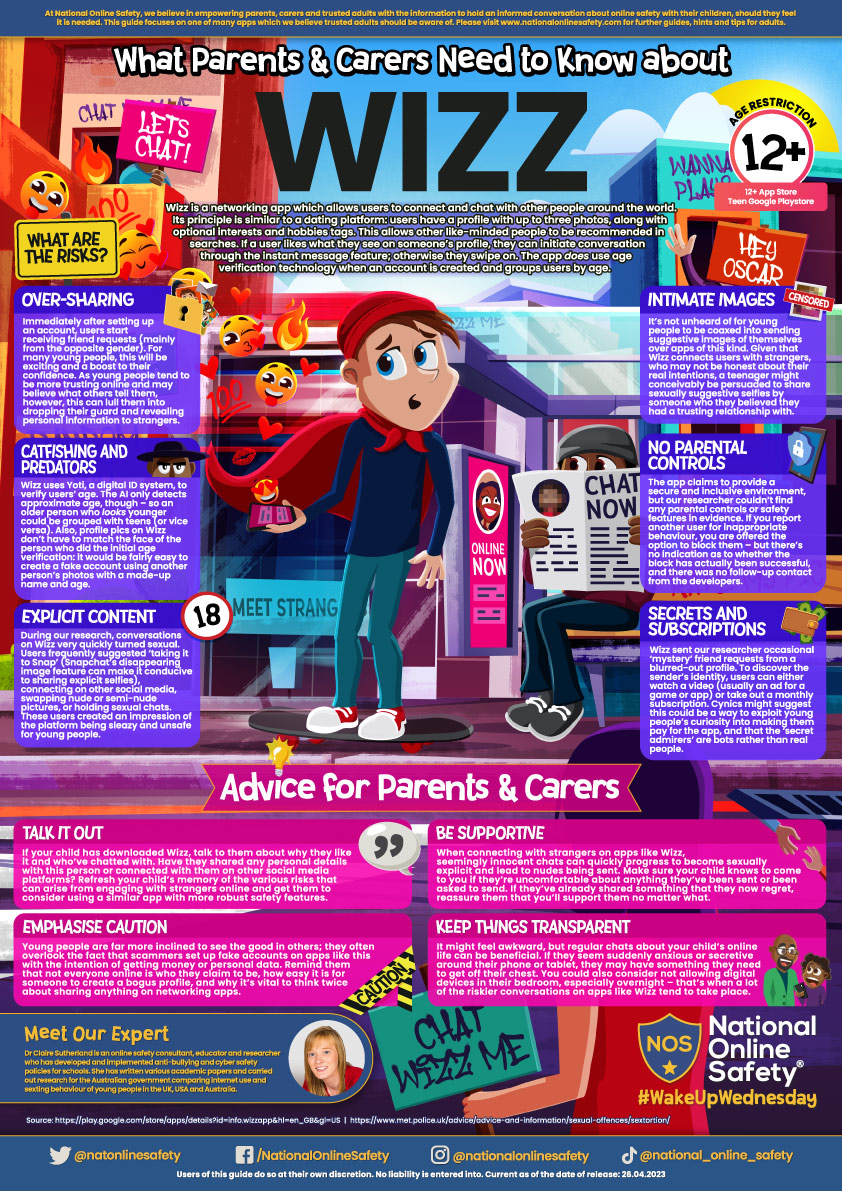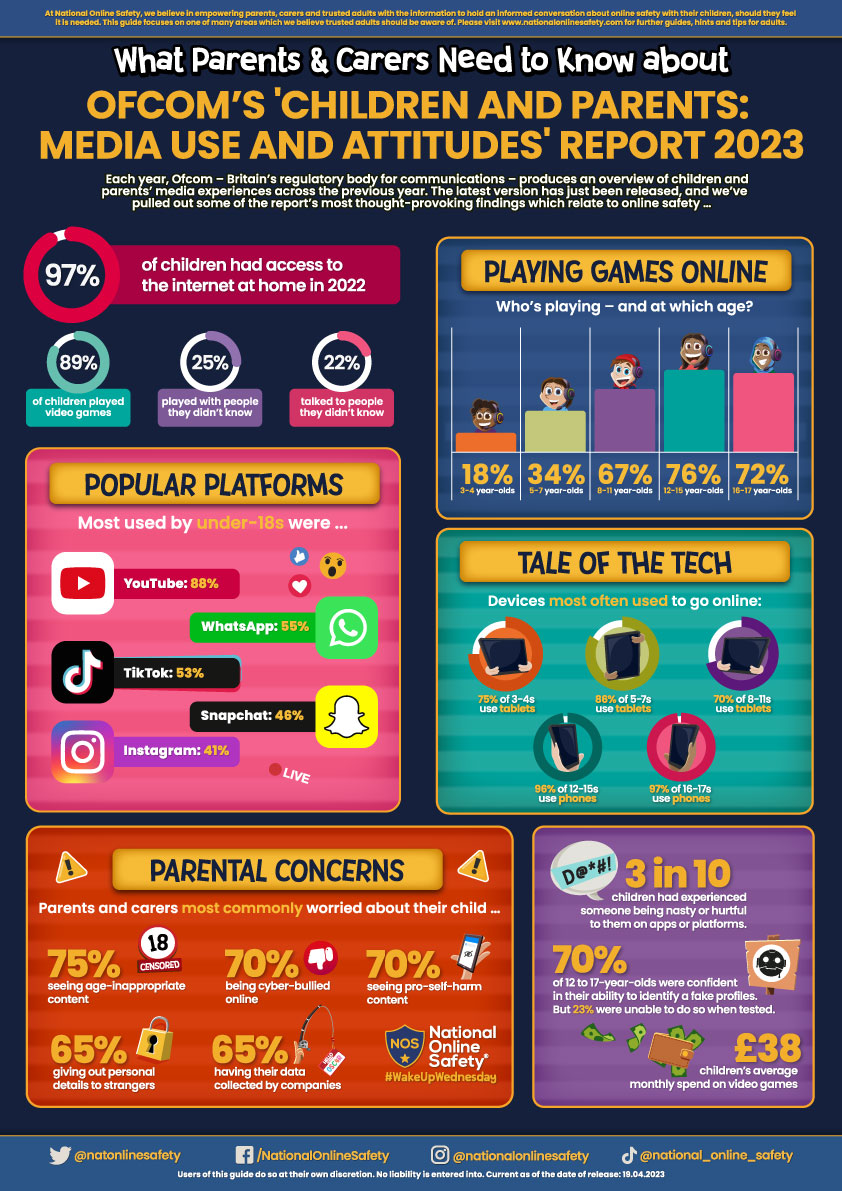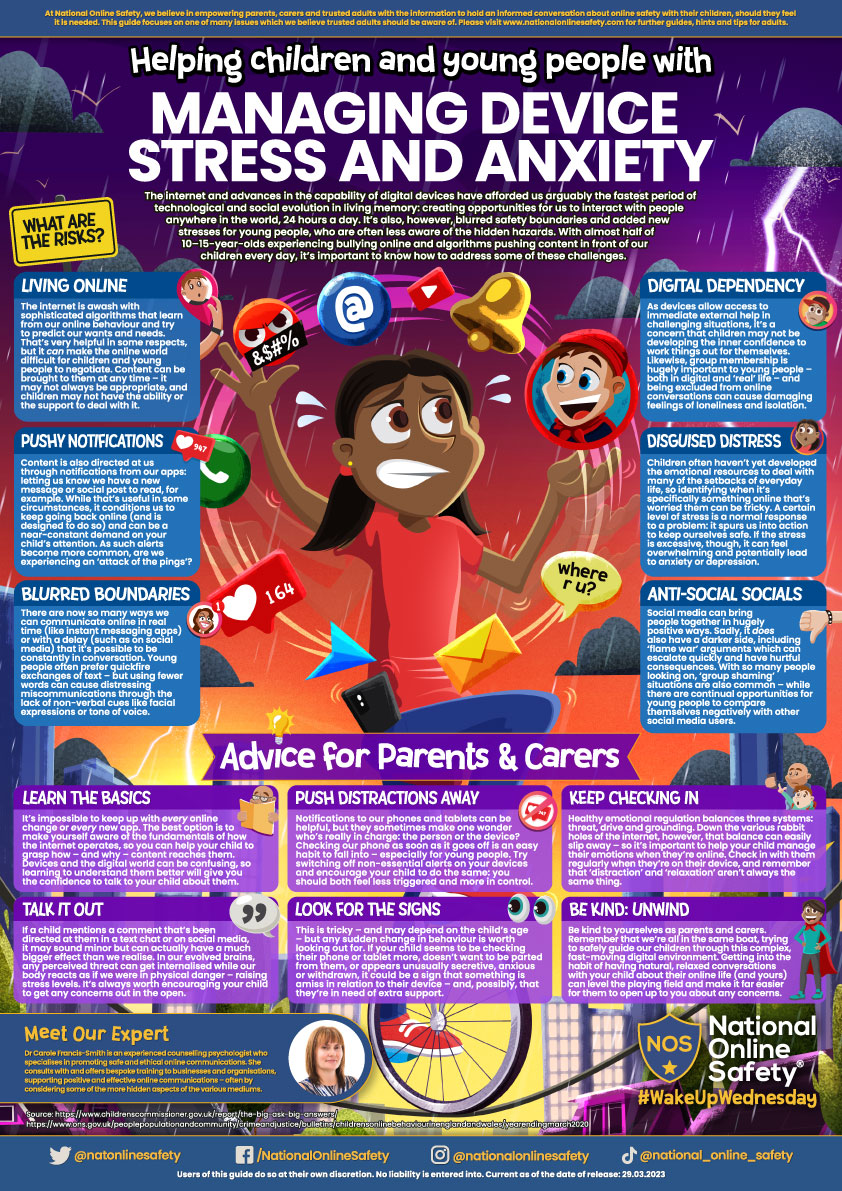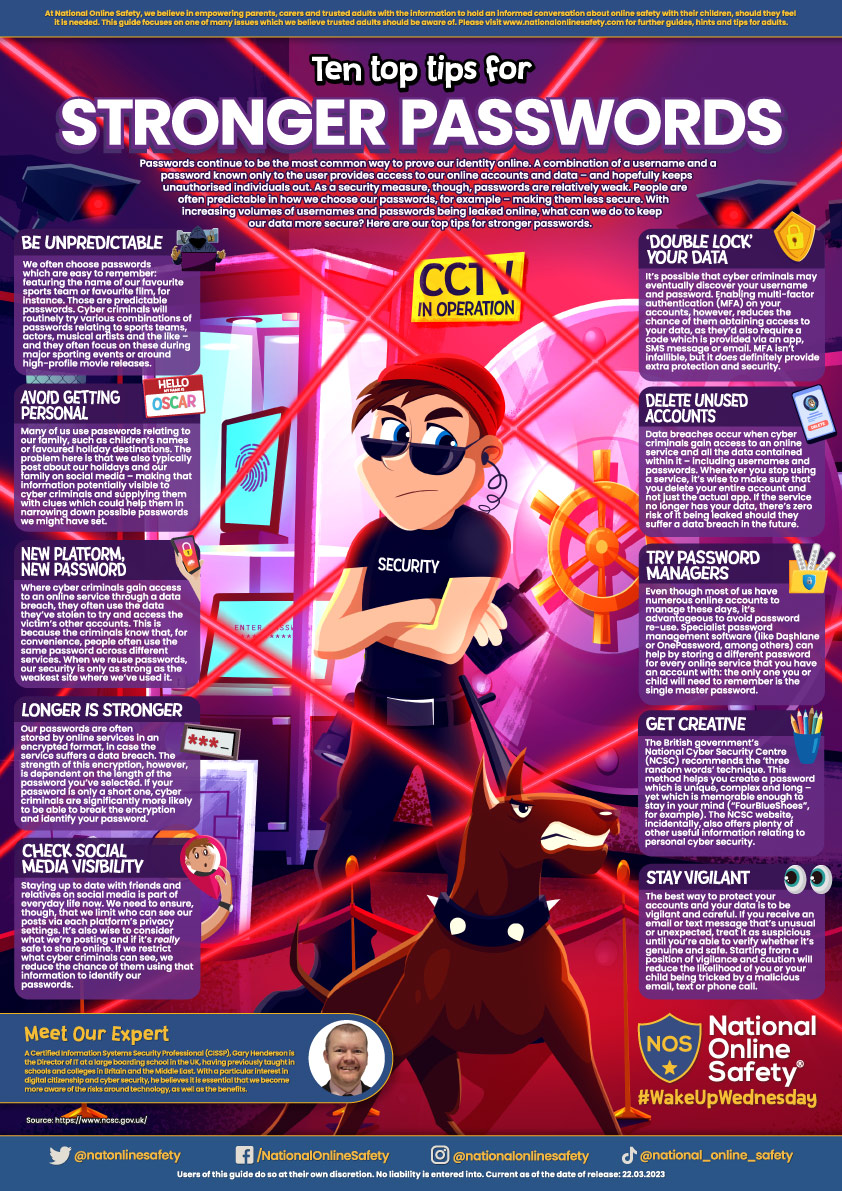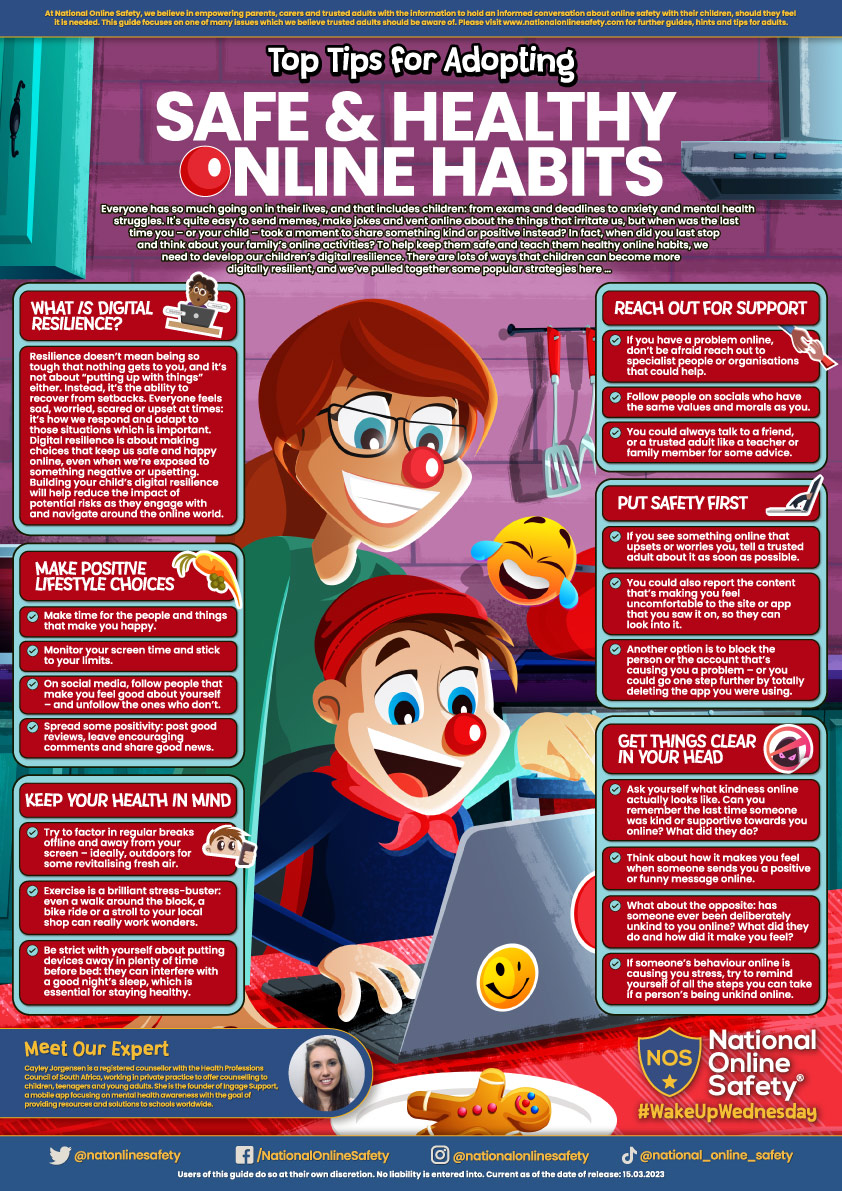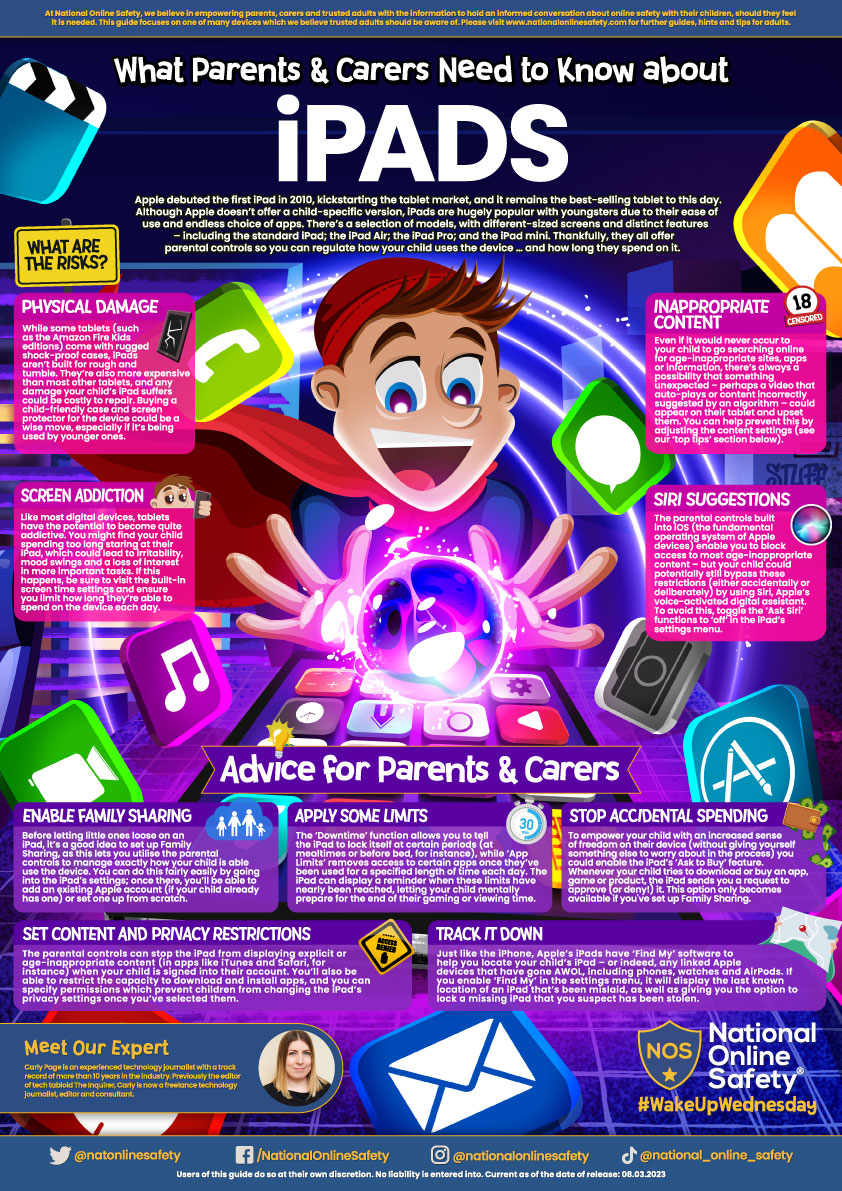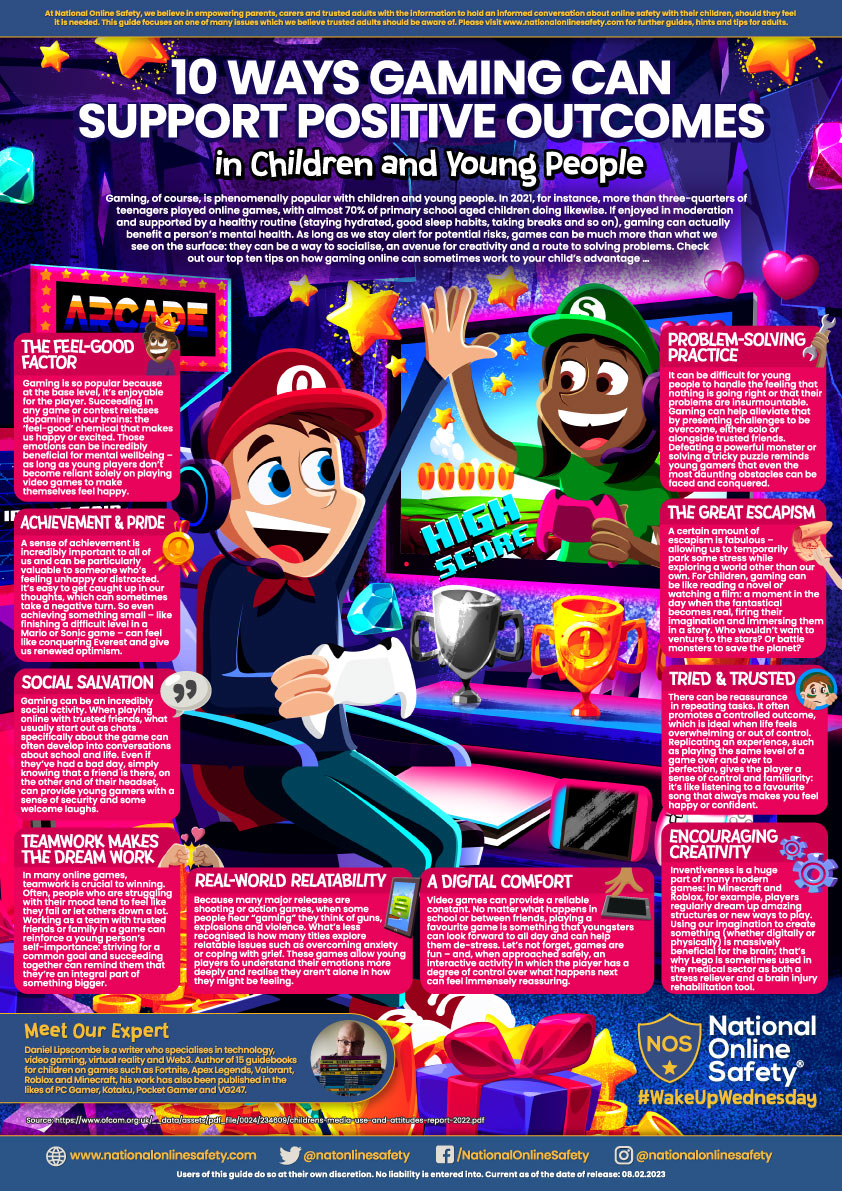With protected ‘secret chats’ and self-deleting messages, however, Telegram’s security advantage has also been subverted by criminals using the app to trade stolen data, share child sexual exploitation material and arrange drug deals. As Telegram’s popularity continues to grow, our #WakeUpWednesday guide tells trusted adults what they need to be aware of.
Read on to access your free guide…National Online Safety
This guide is from National Online Safety.


